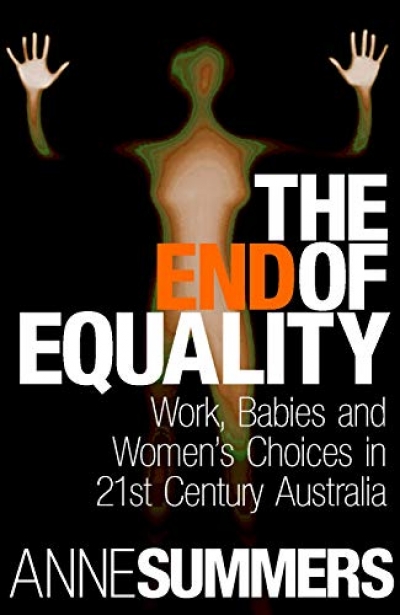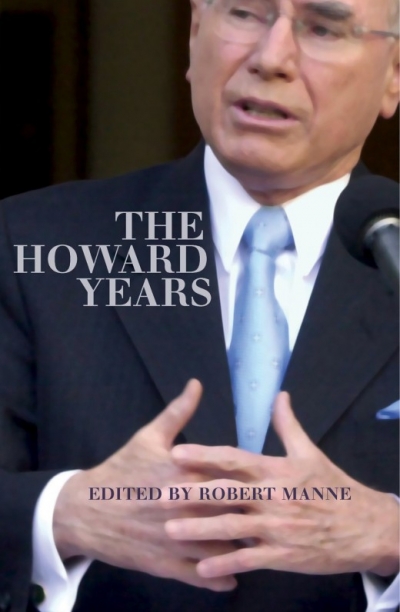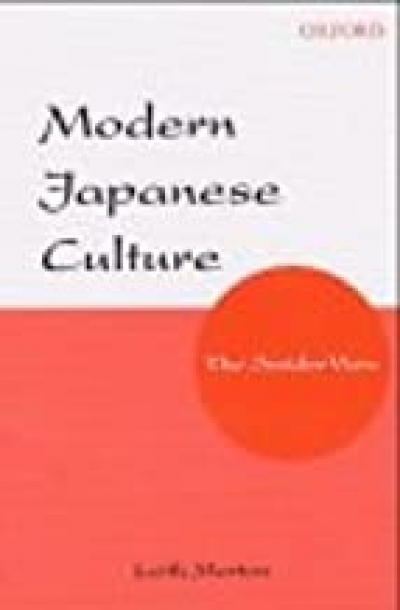Archive
The Child of an Ancient People by Anouar Benmalek (translated by Andrew Riemer)
Liz Conor reviews 'The End of Equality: Work, Babies and Women’s Choices in 21st Century Australia' by Anne Summers
‘Women who want to be equal with men lack ambition.’ This was the rather damning assessment of equality-based or liberal feminism scrawled on public walls in the 1970s and 1980s. It took a swipe at the strategy of achieving civil and economic equality on men’s terms. It sought a radical agenda of change that would bring about profound alteration to the deepest social, economic and psychic structures of gender identity, patriarchy and capitalism. It demonstrated, even then, that ‘equality’ did not have unqualified support among women. Thirty years later, Anne Summers is in a position to consider how this strategy has stood up to repeated attacks, and its overall gains and shortcomings.
... (read more)How will they remember us, the dead?
As a cause – a just cause – or simply an end?
The art collections are the main thing in an art museum, not the special exhibitions or other programs necessary for present-day credibility and fundraising. Special exhibitions can be easy fast-food showbiz, or else they can be too authoritarian, over-theorised, and bullying. Collections, the bigger the better, are where you can drop in, any day of the year, for a bit of reinvention. It’s good to choose your own pace when you want to get out of yourself .
... (read more)







